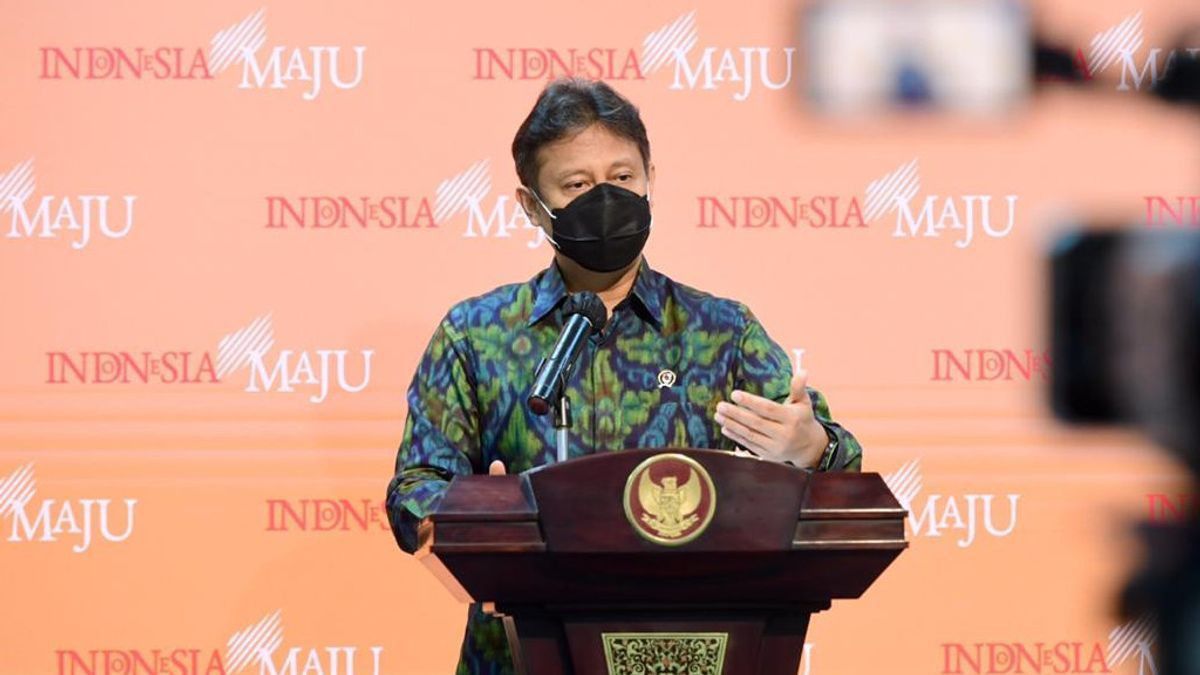JAKARTA - Health Minister Budi Gunadi Sadikin explained the government's strategy in dealing with the surge in the third wave of COVID-19 cases due to transmission of the Omicron variant.
Budi said the hospitalization rate for Omicron patients was lower than the spread of the Delta variant in mid-2021.
Because of this condition, many patients do not need to be hospitalized. In contrast to the Delta variant wave, which has a higher severity.
"We will see fewer people entering the hospital. So, more people affected by this Omicron are treated at home or self-isolated. That's why the government's strategy in dealing with the Omicron wave is slightly different from dealing with the Delta wave," Budi said in a statement. virtual press conference, January 27.
Budi then explained the current condition of Omicron patients in Indonesia. Currently, there have been 1,988 cases of COVID-19, the Omicron variant, which have been detected.
Of these cases, 854 Omicron cases were hospitalized. A total of 86 patients are still being treated, 765 patients have recovered, and 3 patients have died.
Of the 845 Omicron cases treated, the majority of cases were asymptomatic (OTG) and mild symptoms. The details are 461 cases of OTG, 334 cases with mild symptoms, 54 cases in the moderate category, and 5 severe cases.
"Omicron is high in transmission but low in severity because most of them are OTG, people are asymptomatic or have mild illness. So maybe it's just a runny nose, cough, or a slight fever which can actually be cured without needing to be taken to the hospital," explained the Minister of Health. .
In addition, Minister of Health Budi explained the general condition of treating COVID-19 cases in Indonesia. Currently, there are 7,688 cases hospitalized, both in isolation and in the ICU, out of 35,704 active cases.
Meanwhile, the number of available COVID-19 beds in Indonesia is 70,641. Thus, Budi said the capacity to treat COVID-19 patients was still under control.
"So this is only about 10 percent of the capacity of our isolation beds. Yesterday in July we were high, our isolation beds could be increased to 120 thousand to 130 thousand," he said.
The English, Chinese, Japanese, Arabic, and French versions are automatically generated by the AI. So there may still be inaccuracies in translating, please always see Indonesian as our main language. (system supported by DigitalSiber.id)













